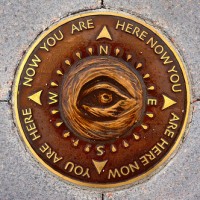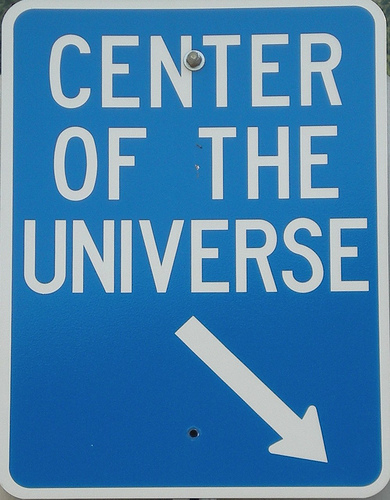Recently I heard a contemporary blues singer (Lightnin' Charlie) interviewed about his life and work. In the course of the interviewed he said, "My business is to create fun. If people who come to hear me don't have fun, I've not done my job." I'm not going where some of you might think. I don't believe that it is the sole or perhaps even a primary function of Art to create fun for people. But here is a thought to consider in the privacy of your … [Read more...]
Being Local
One (of many) ways artcentricity hinders community engagement is in its impact upon the relationship between the arts organization and its community as a whole. The “pursuit of excellence” as commonly understood often leads organizations to strive for a generic, rather than a location-specific, form of excellence. As one way of considering this, imagine a collection of season brochures or exhibition catalogs. In how many is it possible to tell … [Read more...]
The Self-Centered Pursuit of Diversity
In my last post I reflected on the 2014 Americans for the Arts Conference in Nashville. I concluded by mentioning an important session on diversity and promised a follow-up. There is much discussion (lip service and otherwise) of and occasional work toward diversity and inclusion in the arts industry. One difficulty is that much of the support infrastructure in the arts is connected via metaphorical superglue to the white monied establishment. … [Read more...]
Frames of Reference
"They're an hour behind." Recently, landing in Des Moines on a flight from Charlotte, I overheard a fellow passenger say this to their seatmate. I often hear people describe time zone differences this way, so I might have ignored it; but on this occasion, the tone of voice implied something about the speaker's attitude toward our destination. It sounded a tad condescending, as if the clocks might not be the only thing that was "behind" in this … [Read more...]
Getting to “Us”
I have commented before on the habit of mind in the arts world that separates "us" and "them," especially with respect to our communities. Most directly, in Want-Need: "Them"? I suggested that: [W]e need to see our constituencies (and potential constituencies) not as "them." We need to understand that, together, we are all "us" in the application of the arts to make all our lives better. This requires humility (Humilité, Discovering … [Read more...]
First, Believe
There is one, and only one, first principle in effective engagement with communities. That is believing engagement is a good thing–for the organization, for the community, and for art. Pragmatic rationales (e.g., "The funder made me do it." or "We need to sell more tickets.") are not unimportant, but in the end they do not move the mission focus of the organization away from internally focused artcentricity. Effective engagement demands that … [Read more...]
The “Pandering” Straw Man
This post is not part of a series, so it may seem a bit out of context. I've addressed the issues of quality and community on numerous occasions previously. (The Pursuit of Excellence, Quality and Community, Quality and Community-2) However, the issue comes up so often in Q&A sessions, it's probably good to share this as I write it in the context of a larger project. Critics (and uncomfortable observers) of community engagement in the arts … [Read more...]
Overcoming Artcentricity
In Shifting the Center I began a consideration of transforming the way we think about the relationship between art and community. Many of us in the arts see the world from the perspective of our arts discipline, and that discipline–along with the work that is its expression–is a value unto itself. Our commitment to art can be nearly all-consuming. But this is a hindrance to relationship building. It gets in the way of engagement. We cannot and … [Read more...]








